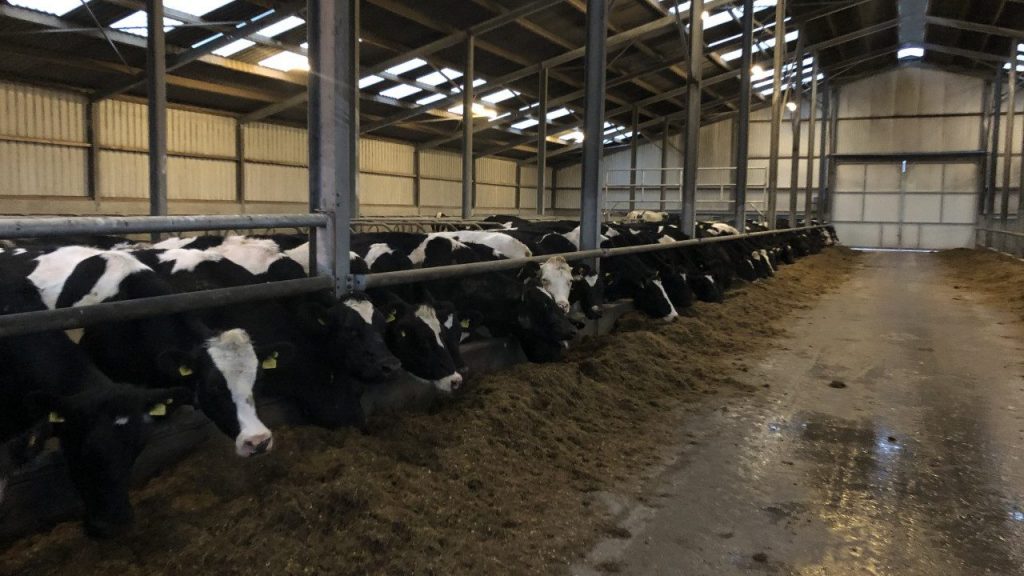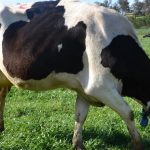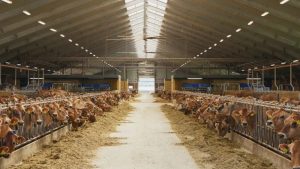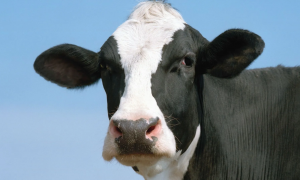
Dairy farmers in Denmark will have to come to terms with farming without a nitrates derogation from next week.
The country’s nitrates derogation allows farming at a stocking rate of 230kg of organic nitrogen (N) per hectare.
However, the country’s environment ministry announced in April that, after 22 years, the derogation will expire on July 31, which is next Wednesday, a move which “hit dairy farmers out of the blue”, according to LDM, a leading dairy farmer organisation in Denmark.
“With a little more than three months between the [announcement] and the day of entry into force, farmers were totally taken by surprise.”
“No single farmers organisation was consulted or even informed, so that they could not tell their members to take appropriate action in order to ensure a smooth transition. Usually, when such drastic changes are coming into effect, farmers are given a transition period…to soften the blow, but not this time,” LDM said.
“Other countries have also tightened their derogations, but always with a reasonable period for adjustments,” the group added.
LDM claimed that the current Danish government is “hostile towards its own farmers and dairy industry, and is definitely not an ally”.
“This inappropriately short notice will force dairy farmers to take on extra costs to rent more land in order to ensure they have enough area to spread manure and slurry and comply with the new rules.
According to LDM, Danish dairy farmer may need, on average, 20% to 25% more land is order the get their stocking rate down to the standard rate of 170kgN/ha.
The farm group claimed that the loss of derogation is “no better for the climate nor the environment”.
“Many precautionary measures were taken when farmers were granted the 230kgN/ha derogation… However the [phosphorous] ceiling on fields means that most farmers have never been able to spread 230kg of manure per hectare anyway,” the organisation said.
“Hence, greenhouse gas emissions may well increase due to more transportation of manure and further application of fertilisers in fields,” LDM claimed.
Currently, Denmark, Ireland, the Netherlands and the Flanders region in Belgium are the only EU territories in which the derogation applies.
The end of Denmark’s derogation follows on from the announcement of an agreement among stakeholders there on a suite of environmental measures for agriculture and the food producing sector, which will see tax levied on livestock for carbon emissions.
The measures will see a “carbon dioxide equivalent” (CO2eq) tax on emissions from livestock. A tax of DKK 300 (Danish krone – around €40) will apply per tonne of CO2eq from 2030.
This tax will increase to DKK 750 (about €100) per tonne in 2035. However, for both figures, a deduction will apply, meaning that the actual tax to be paid will be lower than these figures (approximately €16 in 2030 and €40 in 2035).
You can now read the most important #news on #eDairyNews #Whatsapp channels!!!
🇺🇸 eDairy News INGLÊS: https://whatsapp.com/channel/0029VaKsjzGDTkJyIN6hcP1K




















